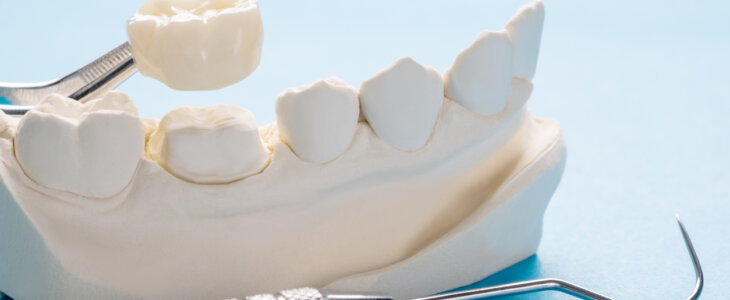The tooth extraction process can relieve pain for many dental patients in the long term—so much so that many patients wonder about the necessity of preliminary X-rays. However, even if an extraction does not directly contribute to pain relief, radiographic imaging can play a crucial role in your surgery, help you make...
Category: Dental Malpractice
The Importance of a Second Opinion for Dental Malpractice
A second opinion can confirm whether prior dental treatments involved mistakes that caused you harm. Another dentist can review your records, examine you, and provide an unbiased evaluation of the treatment you received. In doing so, they can identify misdiagnoses, improper procedures, or unnecessary treatments. If you experience ongoing pain, infections, or...

How Written Treatment Plans Affect the Outcome of Dental Malpractice Cases
A written treatment plan is a document that outlines the dental procedures a dentist intends to perform for a patient. It includes details about the patient’s:
condition, recommended treatments, estimated costs, and potential...
Dental Anesthesia Can Prove Dangerous
Dental procedures often require anesthesia to ensure patient comfort during treatments ranging from routine cleanings to complex oral surgeries. While generally safe, errors in the administration of dental anesthesia can lead to severe and sometimes permanent complications.
How Is Anesthesia Used in Dental Procedures?

The Importance Of Understanding A Patient’s Medical History
A patient’s medical history should inform the type of care they should receive and how they should receive it. For example, a patient who’s allergic to certain types of antiseptics should not have those drugs administered to them after dental surgery.
As such, it is a critical piece...

Common Infections After Dental Surgery
Dental surgeries, like all surgeries, carry some amount of risk. Normally, you can rely on your dental surgeon to perform procedures competently to reduce the amount of risk. However, dental surgeries can sometimes cause painful infections, leading to further medical complications.
Common Types of Dental Infections After Surgery
What Are The Most Common Types of Dental Malpractice?
Although dental malpractice represents only about 7 percent of medical malpractice cases, it can be devastating for those who suffer its consequences. Long-term injuries and even fatalities can be traced to dental negligence. At Dental & Podiatry Malpractice Lawyers of New York, Lance Ehrenberg, Esq. has 35 years...

Common Problems with Dental Crowns That Could Be Malpractice
Dentists are doctors. That means they can commit malpractice if they provide substandard or negligent care. One of the most common types of dental procedures that results in malpractice claims is dental crowns. Crowns require the shaping of the underlying tooth, as well as securely fastening the crown in place....

My Mouth is Numb After Dental Surgery – What Do I Do?
Imagine leaving the dentist’s office after surgery, expecting the numbness to wear off in a few hours. But what if it lingers longer than anticipated? This situation can cause concern for many people. While numbness following dental surgery is normal, knowing what to expect and when it might be...

Four Common Causes of Dental Bridge Failure
Dental bridges are a standard solution for replacing missing teeth, restoring function, and enhancing the appearance of a smile. However, like any dental procedure, bridges can sometimes fail, leading to discomfort, additional dental work, and significant expense. Understanding the common causes of dental bridge failure can help patients make informed decisions and...
